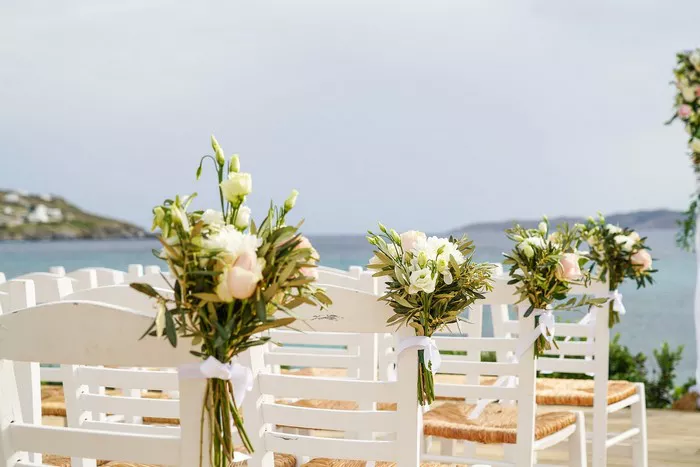The pandemic forced many couples to rethink their wedding plans, leading to the rise of virtual and hybrid ceremonies. While some initially saw this as a temporary solution, the convenience and inclusivity of digital weddings have made them a lasting trend. Couples with family and friends scattered across the globe are now embracing technology to ensure no one misses their special day.
A hybrid wedding combines an in-person ceremony with a live-streamed component, allowing remote guests to participate in real time. Platforms like Zoom, Lovecast, and Evenstad have developed specialized features for weddings, including virtual guest books, live chat moderators, and multi-camera setups. One couple in New York hosted 50 guests in person while streaming to over 200 relatives abroad. Their wedding included interactive elements, such as a virtual toast where online guests raised their glasses simultaneously.
Virtual weddings also offer creative possibilities that traditional weddings cannot. Some couples have incorporated augmented reality (AR) filters, allowing guests to “try on” digital hats or accessories during the livestream. Others have used green screens to transport their ceremony to exotic locations—a beach in Bali or a castle in Scotland—without leaving their backyard. A tech-savvy groom in Tokyo even programmed a hologram of his late grandfather to “attend” and deliver a blessing.
Beyond convenience, virtual weddings are breaking financial barriers. Destination weddings, once a luxury reserved for those with ample budgets, are now accessible through virtual attendance. A couple in Sweden invited guests to a “digital destination wedding” set in a VR-rendered version of Venice. Attendees used VR headsets to explore the virtual city, attend the ceremony in a gondola, and even dance at the reception—all from their living rooms.
However, the trend is not without challenges. Time zone differences can complicate scheduling, and technical glitches may disrupt the flow of the event. Some couples hire professional “virtual wedding coordinators” to manage the digital aspects, ensuring smooth transitions between speeches, dances, and other key moments. Privacy concerns also arise, as uninvited viewers could potentially access the stream. To mitigate this, many opt for password-protected events or customized wedding apps with secure login features.
Despite these hurdles, the demand for hybrid weddings shows no signs of slowing. A recent survey found that 65% of couples who hosted a virtual or hybrid wedding would recommend it to others. As technology advances, the line between physical and digital weddings will continue to blur, offering endless possibilities for couples who want to celebrate their love without boundaries.


